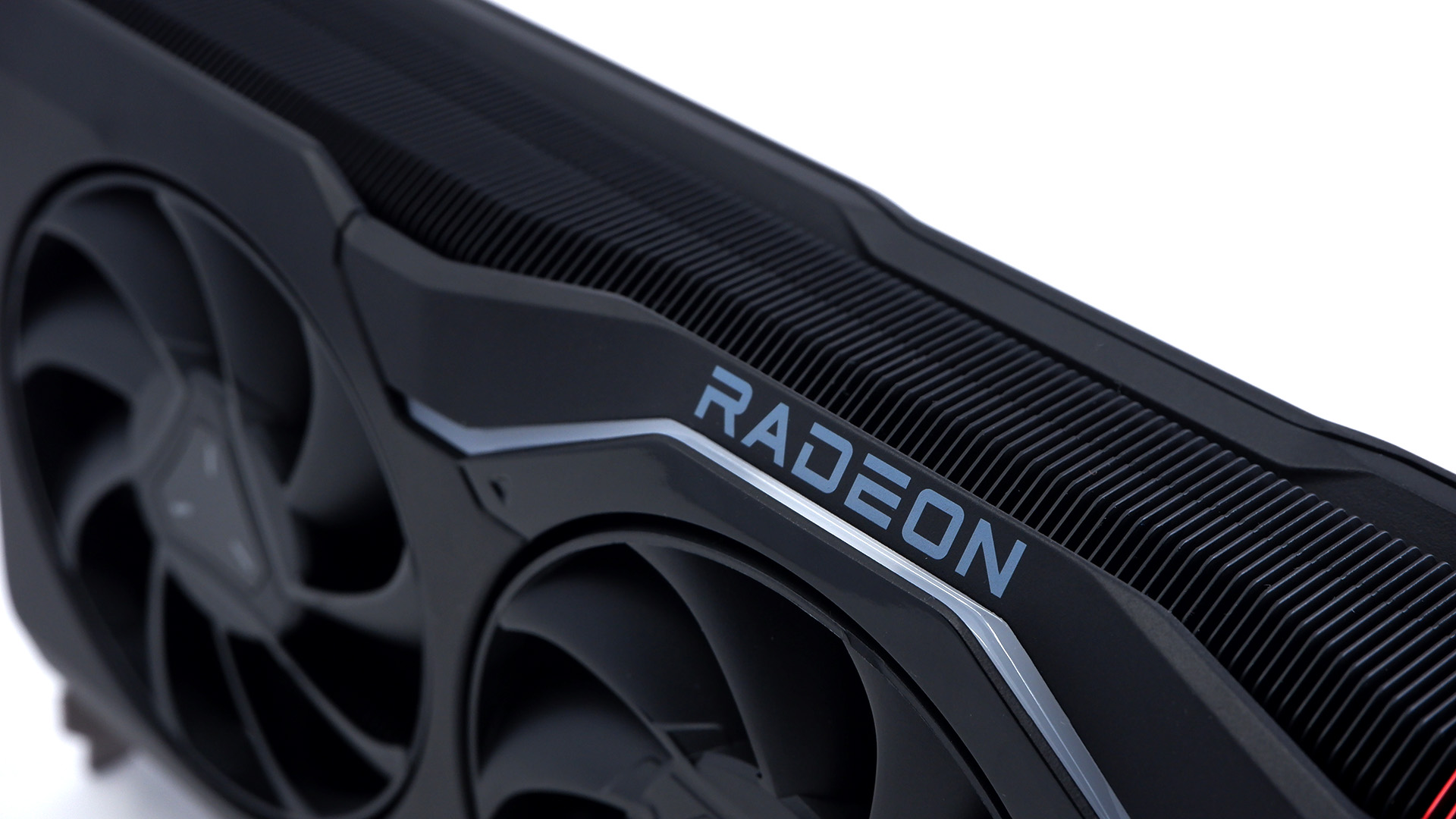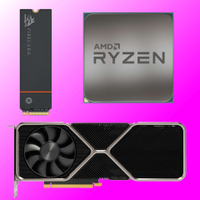
With AMD's FSR 3 frame generation being supported in an ever-increasing number of games and with talk of an AI-based FSR 4, one could be forgiven for forgetting all about AMD's Fluid Motion Frames (AFMF), its driver-based global frame generation tech. AMD certainly hasn't forgotten about it, though, because the company has seemingly just announced that the second generation of the technology will launch with the next Adrenalin driver.
I say "seemingly" because the AMD blog page announcement is short and vague. It says, "We’ve made continuous enhancements to the AMD Software: Adrenalin Edition application, introducing valuable updates and innovative features - in this latest version of AMD Software, we're excited to announce AMD Fluid Motion Frames 2."
There's no clarification over which Adrenalin driver AMD's on about, but I assume, given the titles of the surrounding failed blog posts, it means the next one, which should be the 24.9.1 September driver.
Because yes, this comically short blog post, I should mention, is sandwiched between three other failed attempts, one stating "Text goes here", another titled "Test Draft" and stating "Test", and the third saying nothing at all but featuring a blank image placeholder on AMD's gaming blog page.

I assume there will be a fuller announcement when it launches, but we already know what to expect given AFMF 2 has been in beta for almost two months, having been packaged in a tech preview driver on 29 July. In short, it doesn't reinvent the AFMF wheel but does improve on it.
AFMF, for reference, has been out since January. It's a software-based, driver-level frame generation technology that doesn't require any specialised hardware to run—just your standard shaders. You toggle it on in the Adrenalin software and that's it. Requiring no per-game implementations, it works with all DX11 and DX12 games.
Of course, this also means no per-game optimisations, unlike FSR 3 (and DLSS 3's Frame Gen feature) which uses the AFMF algorithm but can also use game data to improve the quality and performance of frame interpolation—via optical flow analysis, for example. The result is frame gen that works in a whole load of games but isn't quite up to the standard of FSR and DLSS frame gen.
Keep up to date with the most important stories and the best deals, as picked by the PC Gamer team.
While we can't expect it to catch up to FSR or DLSS, AFMF 2 should improve things compared to its first iteration. In Nick's limited testing of the early preview build, he found it to offer a slight frame rate improvement over first-gen AFMF and better handling of fast-motion scenes, too.
This is thanks to AI-optimised enhancements such as an updated algorithm and other changes that are also said to reduce latency, which was somewhat of a problem for AFMF (it's arguably a problem for all frame generation tech, but was more pronounced with AFMF).
If AMD's blog post actually is hinting at an imminent AFMF 2 launch, it could be great news for those who want to play games that don't support FSR 3 or DLSS 3. (Or, rather, DLSS 3.5 or 3.7… Hell, let's just keep things simple and say 3.X.)
Yes, for those who can't use FSR 3 or DLSS 3.X, AFMF 2 might offer an easy performance boost, which will be especially great for those using a lower-end RX 6000-series or 7000-series GPU. Even better, perhaps, for users of AMD-powered handheld gaming PCs. Fingers crossed for the September driver, then, and with God of War: Ragnarok dropping on PC tomorrow that would seem like a good time to release a new driver to me.
Best CPU for gaming: Top chips from Intel and AMD.
Best gaming motherboard: The right boards.
Best graphics card: Your perfect pixel-pusher awaits.
Best SSD for gaming: Get into the game first.

Jacob got his hands on a gaming PC for the first time when he was about 12 years old. He swiftly realised the local PC repair store had ripped him off with his build and vowed never to let another soul build his rig again. With this vow, Jacob the hardware junkie was born. Since then, Jacob's led a double-life as part-hardware geek, part-philosophy nerd, first working as a Hardware Writer for PCGamesN in 2020, then working towards a PhD in Philosophy for a few years (result pending a patiently awaited viva exam) while freelancing on the side for sites such as TechRadar, Pocket-lint, and yours truly, PC Gamer. Eventually, he gave up the ruthless mercenary life to join the world's #1 PC Gaming site full-time. It's definitely not an ego thing, he assures us.


